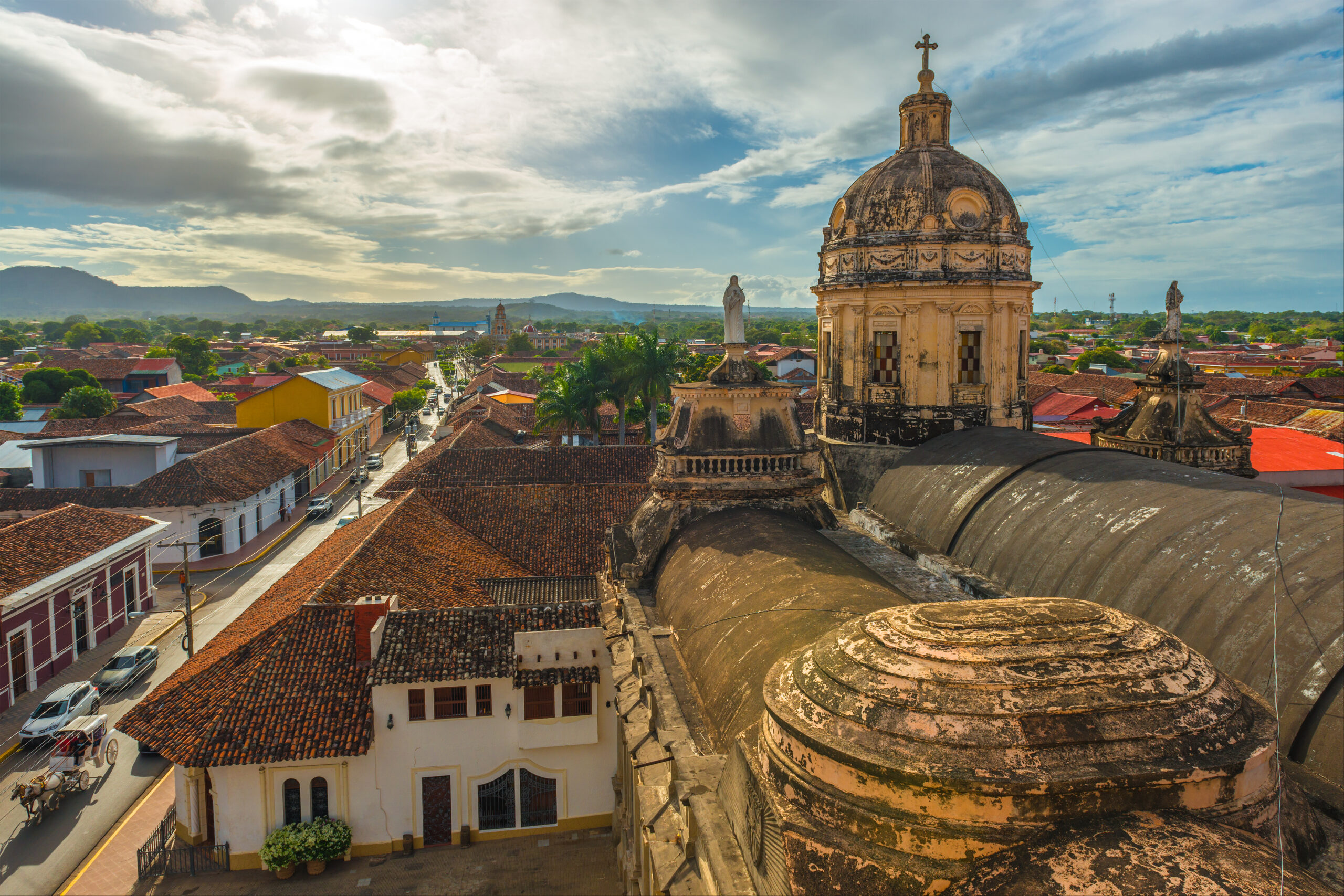In the context of travel companies, the theory of change can be used to outline how they aim to bring about positive changes in the travel industry and in the lives of travelers and local communities. Here are some key components to consider when developing a theory of change for a travel company
Purpose Before Profit
Before starting any kind of business, the primary question should be, “What is my reason for establishing a company? Why do I want to pursue this endeavor?” It may seem like a straightforward question, but it is the most crucial one. I believe there are two kinds of intrinsic choices.
What Is The Driving Force Of Your Travel Business?
Depending on which one you prioritize most at a given moment, you make a significant decision that can shape the entire course of your journey. When combined with your personal values, you are ready to begin building your company from the ground up. What lies at the core of your business is of utmost importance, much like our hearts. So choose wisely. So what is your answer to the question. Are you working for a Purpose or for Profit?
Does Tourism Create Benefits For All?
Tourism has the power to create benefits for everyone, but only when it is organized properly. Mass tourism, big hotel chains, globalization, and modernization have a significantly negative impact on the authentic lives of local communities. It may lead to overcrowding, environmental degradation, increased cost of living, and changes in the local culture and way of life. Large hotel chains and globalization can sometimes displace local businesses and traditional practices.
Impact Of Mass Tourisme
Small hotels are often overlooked due to high demand, with tour operators prioritizing high volumes and profit by promoting large-scale hotels. Local restaurants struggle to maintain their foothold due to low profitability and are often overshadowed by large international restaurant chains. All-inclusive hotels attempt to keep guests within their premises, encouraging them to spend their money on the luxury services provided on-site. Local shops suffer as people increasingly seek familiar goods or overlook local artisan crafts they may not perceive as essential.
Loss Of Local Culture
On the other hand, tourism, when managed responsibly, can also bring economic benefits to local communities by providing jobs, supporting infrastructure development. Globalization and modernization can lead to improved living standards, access to technology, and opportunities for education and innovation. In both cases however, this could potentially still mean a loss of the local traditional culture on the long run. An outcome which has not been forseen.
Theory Of Change for Travel Companies
What does it mean: managing tourism responsibly? I think we all have a different interpretation of what it means. But with the help of the Theory of Change you can better understand it. It helps you to make conscious, while being aware of both your positive impact and possibly negative unforseen outcomes.
Identification of the Problem or Opportunity
Begin by clearly defining the problem or opportunity your travel company seeks to address. This could include issues like overtourism, sustainability concerns, loss of cultural heritage, lack of authentic experiences, or limited economic benefits to local communities. Let’s tackle one and use it as an example to dive deeper into the Theory of Change.
Finding Your Purpose
Let’s say you are deeply concerned about the environmental and sustainability issues related to a travel destination. You want your business and your future travellers to contribute actively to sustaining the environment in a positive way. You’re main concern is the degradation of nature and wildlife. You are concerned about the harmful or negative changes and impacts on natural ecosystems, habitats, and the living organisms within them, particularly wildlife. This degradation can result from various human activities such as deforestation, which can disrupt the balance of ecosystems and threaten the well-being of various species of plants and animals.
Defining Your Why
The problem you actively want to contribute to is restoring forests through regeneration and rebalancing of nature. You view your efforts in restoring forests as a way to leave a positive legacy for future generations, ensuring that they inherit a healthier and more biodiverse planet. Because you want this and future generations to be able to enjoy life on this planet. This is the core mission of your travel business, and everything you create for your business should be built around this mission. It will be the beating heart of your company. This is why your company comes into existence. You’re ready for the next step: Input and Resources.

